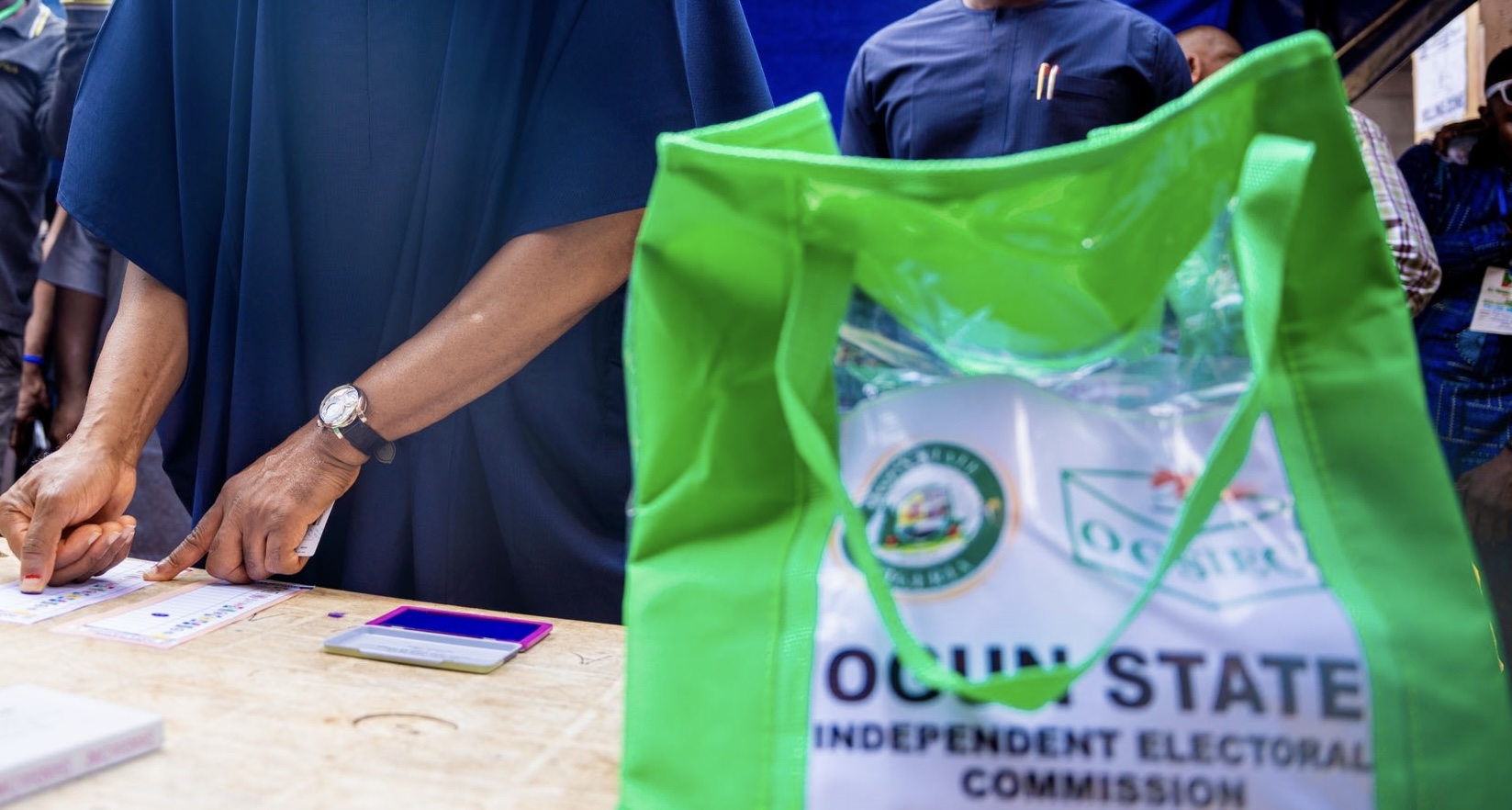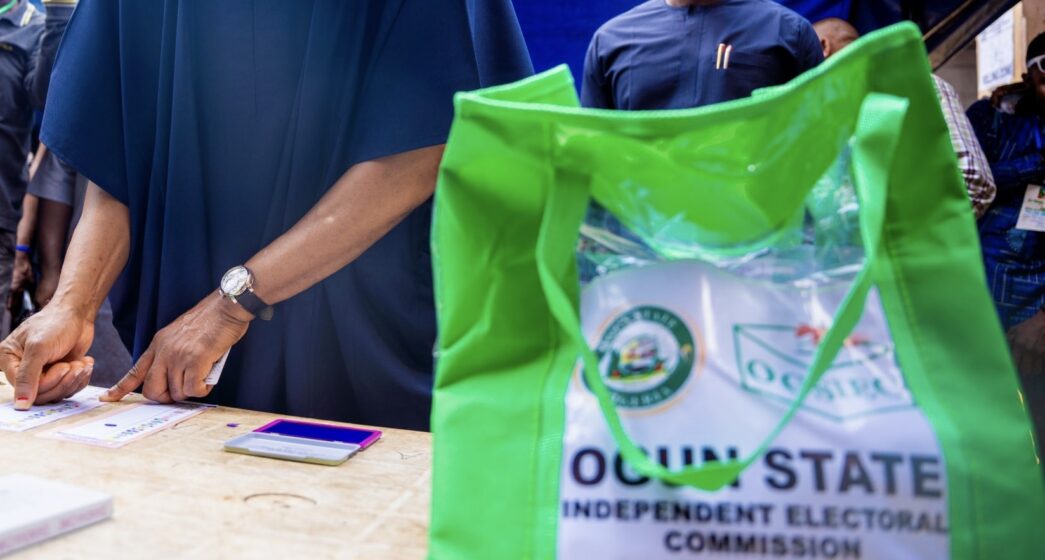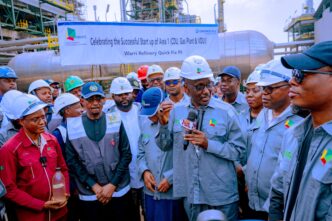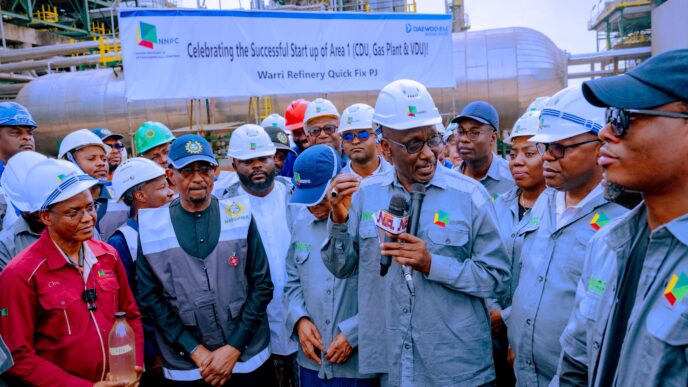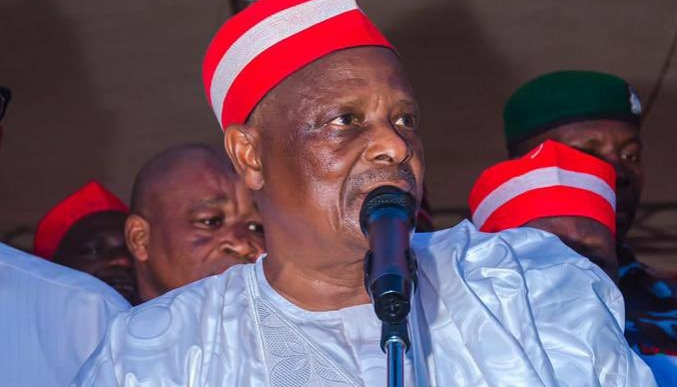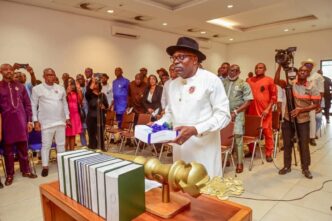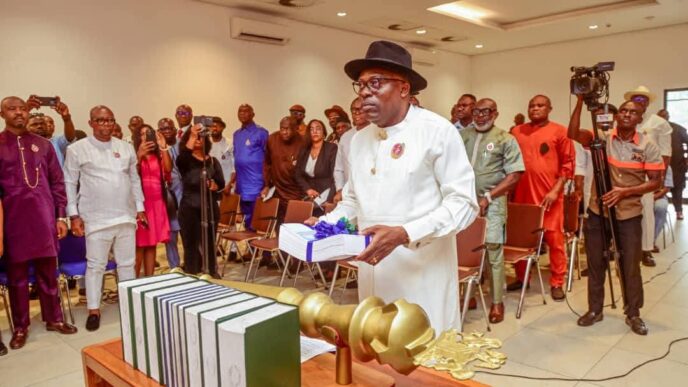For decades, local government elections in Nigeria have been contentious, often criticised for their lack of competitiveness and transparency. This year, the stakes were raised when the supreme court granted local governments financial autonomy, leading to a flurry of elections nationwide.
In May, the federal government dragged the 36 state governors before the supreme court, seeking full autonomy for the country’s 774 LGAs. The federal government also asked for an order preventing the state governors from arbitrarily dissolving democratically elected councils and imposing caretaker committees in their stead.
Two months later, a seven-member panel of justices ruled that the federal government should henceforth pay allocations directly to local government councils from the federation account. The apex court held that state governments have continued to abuse their powers by retaining and using the funds meant for LGAs.
The court also ordered the federal government to withhold allocations of LGAs governed by unelected officials appointed by the governors. It mandated states to elect their local government council executives democratically.
Advertisement
The ruling was resisted by some parties, including James Ibori, former Delta state governor, who described the judgement as “an assault on true federalism”, and Seyi Makinde, Oyo state governor, who said the judgement created a lacuna, and labelled it a “mere distraction”.
Following the supreme court’s landmark decision, several states rushed to the polls to elect new LGA leaders. At least 20 states have held local elections since the ruling.
In what seemed like a template, the ruling party in most states swept all the seats, sparking debates about democratic supremacy at the grassroots level.
Advertisement
A CLEAN SWEEP FOR RULING PARTIES
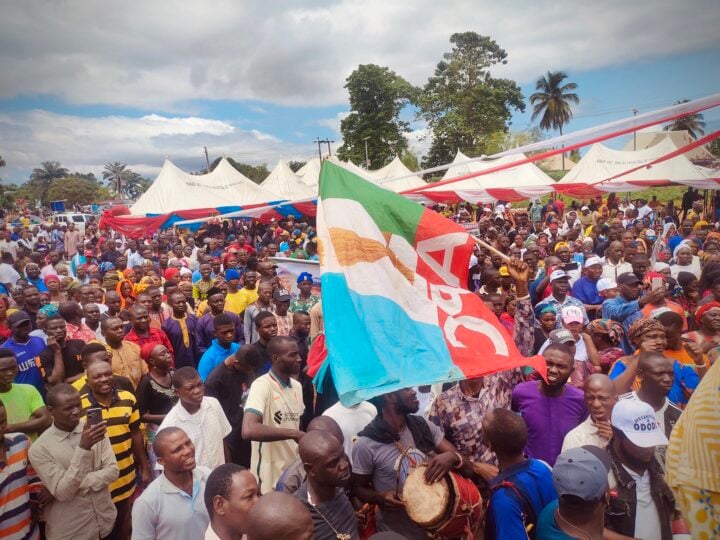
CROSS RIVERS: The state held its LGA polls on November 2, and candidates of the All Progressives Congress (APC), the ruling party, won all 18 LGAs.
Nine opposition parties, including the Peoples Democratic Party (PDP) and Labour Party (LP), participated in the election but did not field candidates across all 196 local council wards in the state.
KANO: The situation is the same in Kano, where the New Nigeria Peoples Party (NNPP) recently took control of the state from the APC in the 2023 general election.
Advertisement
In the October 26 polls, the NNPP won all the chairmanship and councillorship seats across the 44 LGAs.
Six political parties participated in the election, including the NNPP, ZLP, Accord Party, NRPM, AAC, and AA. APC, the state’s main opposition party, withdrew from the exercise.
KADUNA: The APC also won all 23 LGA seats in Kaduna, 23 chairmanship positions and 276 councillorship seats in BENUE, 21 chairmanship and 225 councillorship seats in KEBBI state, and 16 chairmanship and 193 councillorship seats in KWARA.
In PLATEAU and BAUCHI, where the PDP holds state power, the party won all 17 and 20 chairmanship seats, respectively.
Advertisement
The All Progressives Grand Alliance (APGA) won all 21 chairmanship and councillorship seats in ANAMBRA state in September when local elections were held for the first time since 2013.
In the ADAMAWA July election, the PDP won all council seats, according to the results released by the SIEC. PDP also won all the councillorship seats in the 226 wards except in Demsa Ward of the Demsa LGA, where the NNPP won one councillorship seat.
Advertisement
A few deviations from what appears to be an unwritten rule occurred in RIVERS state, where the Action Alliance (AA) won one LGA, leaving the Action Peoples Party (APP) with 22 LGAs in its hold. It is interesting to note that the PDP, not the APP, is the ruling party in the state.
The PDP announced its withdrawal from the contest in the build-up to the election. The party said it was awaiting the outcome of a case filed by the APC against the conduct of the polls.
Advertisement
Siminalayi Fubara, the state governor, is in a tussle with Nyesom Wike, his predecessor, for political leadership in Rivers. Subsequently, Fubara backed the APP, and candidates loyal to him contested the election on the party’s platform.
The APP, now backed by state powers, won 22 of 23 LGAs in the state.
Advertisement
The Rivers instance further begs the question of whether LGAs are tethered to the whims of state powers.
A similar incident occurred during the LGA polls in the ABIA state, where the ruling Labour Party (LP) failed to secure any LGA.
The Zenith Labour Party (ZLP) won 15 of the 17 chairmanship positions in Abia, while the Young Progressives Party (YPP) secured victory in the remaining two LGAs.
The LP’s failure to secure any seat is attributable to the protracted leadership crisis in the party.
Alex Otti, the governor, and Julius Abure, the national chairman of LP, have been at loggerheads over the party’s control.
It is believed that the governor’s loyalists, who were candidates in the election, had moved to the ZLP before the polls.
AKWA IBOM was also an exception where the ruling PDP clinched 30 LGAs while APC won only one.

Senate President Godswill Akpabio, former governor of the state, hails from Essien Udim, the LGA won by the APC. After casting his vote during the October 5 election, Akpabio told journalists he wondered how parties usually secure all available seats during LGA elections.
“It was necessary for me to come and see how they usually win their 100 percent,” Akpabio said, questioning the credibility of LGA elections.
He further said that with the support he got from his LGA during the exercise, “…it simply means that if elections are allowed to be free and fair, a lot of political parties will choose people on the basis of their competence and not on the basis of the ruling party in that state”.
APC’s victory in Essien Udim was clouded in controversy as the returning officer for the LGA announced PDP as the winner. Still, the result posted by the Akwa Ibom State Independent Electoral Commission (AKISIEC) showed APC won.
Other states where the party in power won all local government seats include Delta, Ebonyi, Enugu, Imo, Jigawa, Kogi, Nasarawa, Ogun, Sokoto, and Yobe.
SINGLE-PARTY DOMINANCE IN LG POLLS PRECEDED S’COURT JUDGEMENT
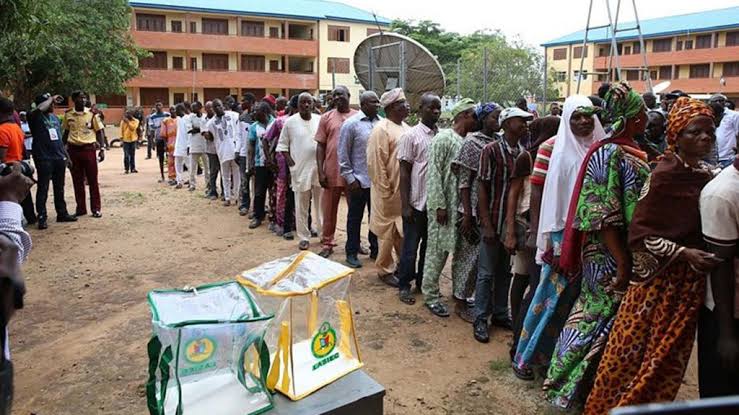
The winner-takes-all outcome of local government elections is not new. The one-sided victories recorded after the supreme court ruling consolidated a trend recorded sparingly across the country in previous months and years.
In April, the APC won a clean sweep in Gombe, clinching all 11 chairmanship seats and 114 councillorship positions in the state. The PDP also won all chairmanship seats in the 33 LGAs in the Oyo state council polls.
When Borno elected its first female chairperson in January, the APC won all 27 LGA chairmanship and 312 councillorship seats.
In Bayelsa, the PDP won all the eight local government seats when the state went to the polls in April.
FESTUS OKOYE: HOW LGA ELECTIONS VIOLATED CONSTITUTION
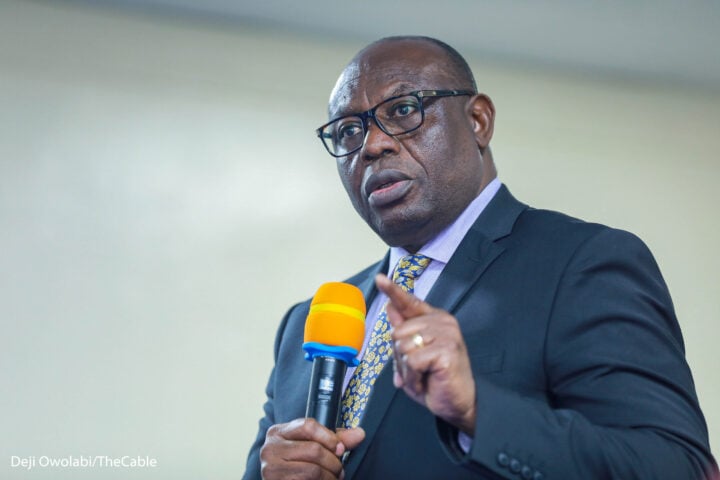
On November 26, Festus Okoye, former national commissioner for information of the Independent National Electoral Commission (INEC), said 99 per cent of the LGA elections conducted recently violated the constitution.
Okoye spoke on the theme, “Local Government Autonomy and the Prospects for Grassroots Development”, during the Media Development Conference (MDC) organised by the Centre for Journalism Innovation and Development (CJID) conference.
Beyond the elections, Okoye expressed concerns about the viability and operational structure of local governance in Nigeria.
“The problems of local government are multifaceted. We must have a conversation: do we need local government as presently constituted, or do we as a people and as a nation allow each state to determine the type of grassroots democracy or government it wants?” Okoye asked.
“There are some states that created development areas at a certain point, some created administrative areas, some created metropolitan areas, and Imo state created what they called community governance. Should we have a conversation and ask the question, what is it that we need for grassroots development?
“I was a member of the electoral reform committee called the Uwais committee. For one year and three months, everywhere we went, traditional rulers, civil society organisations and other critical stakeholders insisted that the state independent electoral commissions whether you appoint credible people, that the governors will not allow them to conduct elections, not talk of conducting credible elections.
“For me there are three positions; that we keep on making efforts to grant the state independent electoral commission financial autonomy and by supporting them through a multi-stake venture. The second position is for us to transfer or integrate the SIEC into the structure of INEC, and the third is to allow people to organise their grassroots democracy the way they want.
“These are the three positions, and we must, as a people and as a nation, pick one. And I say this because 99.9 percent of all the local government elections that were conducted recently were conducted in violation of the law, and nobody wants to go to court because if you go to court, you’ll play into their hands.”
He referenced sections 150 and 29 of the Electoral Act 2022, explaining that political parties needed to have conducted their primary elections at least 180 days before the local government polls — a timeline not observed by several states after the supreme court judgement.
“And the law states that any SIEC that does not comply with the law, that whatever it has done is null and void and invalid,” Okoye added.
“The supreme court judgement delivered on the 11th day of July 2024 had 11 declarations and three consequential orders. It is those consequential orders that are creating problems for them. In some of the previous judgements, there were just declarations, no consequential orders.
“Some governors don’t want local government autonomy; they don’t want local government elections; they want to run the show through caretaker committees. So, if you would like to go to court, the issue now will be, ‘Let us continue to receive; there is a matter in court. When that matter is fully sorted out, we can return to where we are coming from’. That means playing into their hands.
“When you don’t have a consequential order, the supreme court just delivers judgement. They say, ‘Yes, we will obey’; they dissolve and reappoint. They have obeyed.”
Okoye further said that local elections and governance, despite being “the foundation and locus of democracy,” receive less attention from civil society organisations and other stakeholders.
INEC: SOMETHING IS FUNDAMENTALLY WRONG
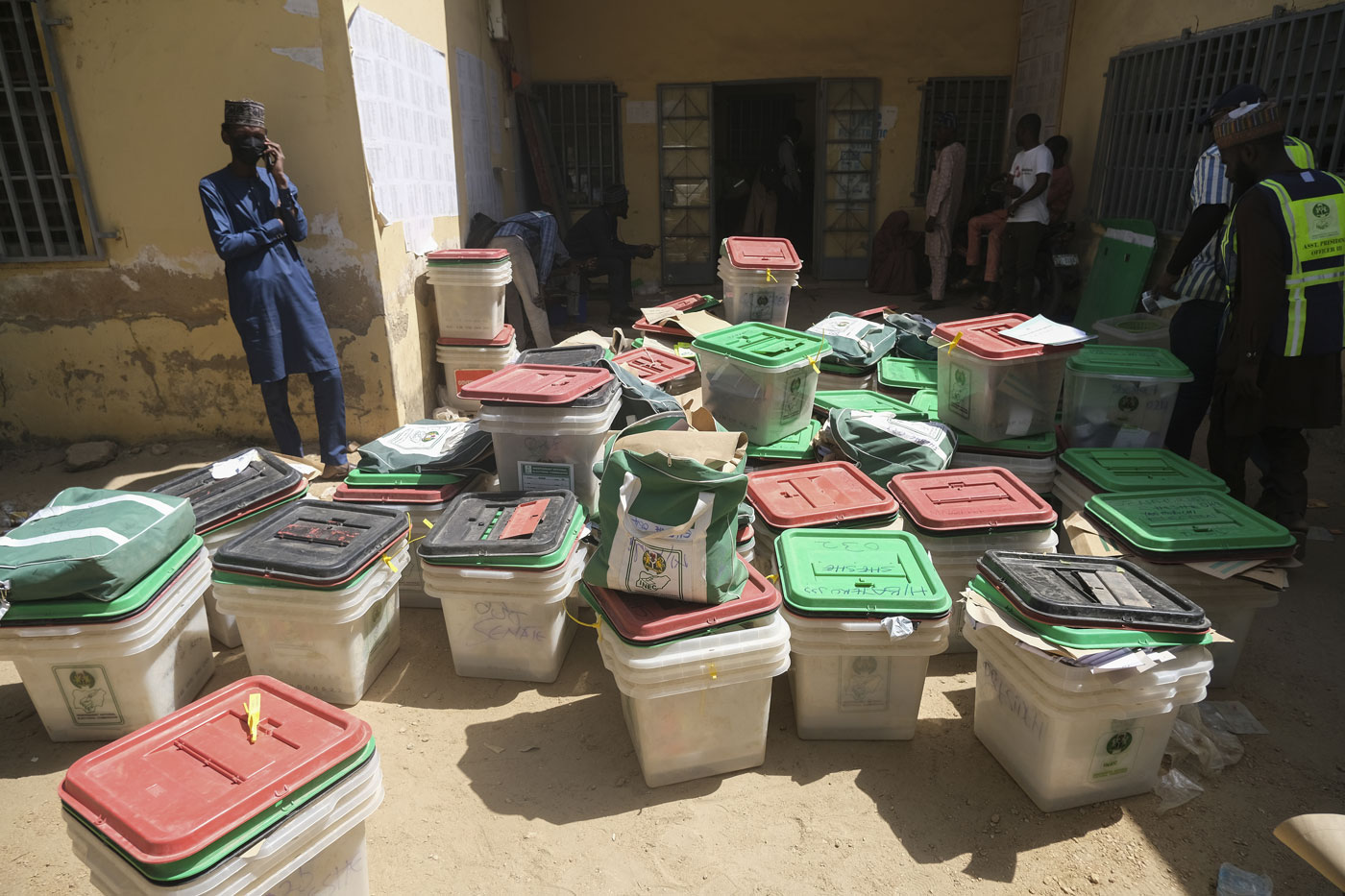
Commenting on the trend, Rotimi Oyekanmi, the chief press secretary to the INEC chairman, expressed concern about the trend of single-party dominance in LGA elections.
Oyekanmi told TheCable that it is “abnormal for one political party to outrightly dominate the local government election in any state”, highlighting the discrepancy between these results and those of other elections conducted by INEC in the same states.
“It is an indication that something is fundamentally wrong. Comparatively, other elections conducted by INEC in the same states do not reflect the kind of results and margins of lead usually declared by the SIECs. For instance, in the FCT Area Council Elections, one political party does not win all the seats. Even when a particular party wins, the margin of lead is usually slim, not the landside wins that you see in the states,” Oyekanmi said.
While acknowledging INEC’s current limitations in conducting local government elections, Oyekanmi emphasised the commission’s readiness and capability to assume this responsibility should constitutional amendments permit it.
As Nigeria navigates the evolving landscape of grassroots governance, the 2024 local government elections have spotlighted that power still gravitates toward entrenched interests, leaving little room for genuine competition or diversity in representation.
The trend of single-party dominance in local elections raises several questions. Are these elections a triumph for local governance, or do they reflect lingering flaws in Nigeria’s democratic framework?
Does financial autonomy mean political autonomy or monopoly, where democracy takes a back seat? Can the councils elected in this contentious process rise to meet their constituents’ expectations, or will they merely serve as extensions of a power structure reluctant to let go?
Add a comment

